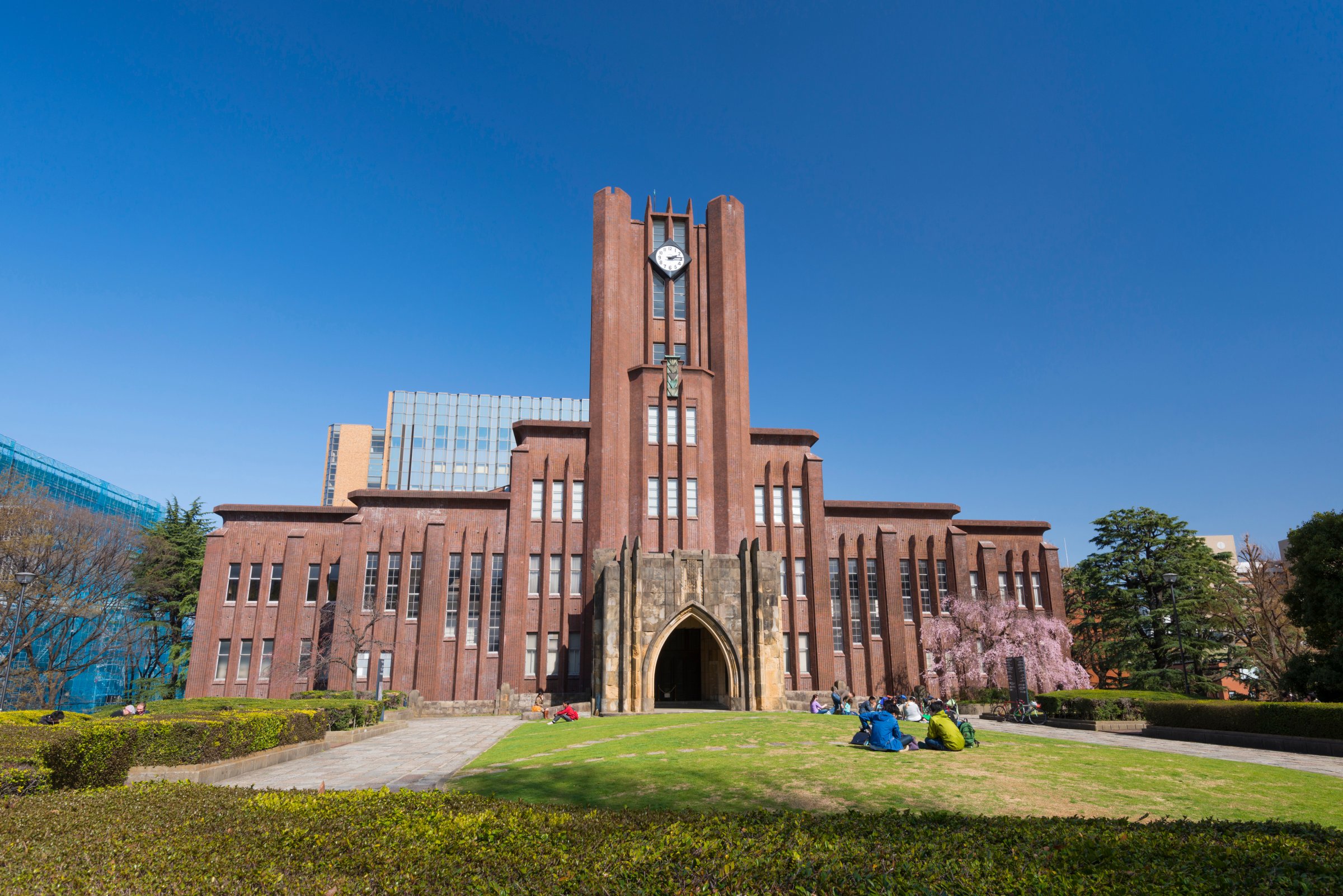
More than two dozen Japanese universities have announced that they will reduce or altogether eliminate their academic programs in the humanities and social sciences, following a dictum from Tokyo to focus on disciplines that “better meet society’s needs.”
Times Higher Education reports that of the 60 Japanese universities that offer courses in these subjects, 26 will comply to some extent with the government’s proposal, which came in a June 8 letter from Education Minister Hakubun Shimomura. In it, he encouraged Japan’s institutes of higher education to take “active steps to abolish [these programs]” or convert them to scholastic opportunities in the natural sciences.
Law and economics fall within the purview of the condemned disciplines. Seventeen universities will no longer recruit students to study them; the rest will eliminate elective courses within them. The Universities of Tokyo and Kyoto — Japan’s only two universities to clear the top hundred in world university rankings — said they would not heed the government’s call.
More from TIME
The vision is utilitarian, in line with Prime Minister Shinzo Abe’s results-oriented drive to reassert Japan’s economic and political stature. Officials have expressed concern that Japanese research in the natural sciences is faltering, and so “rather than deepening academic research that is highly theoretical, we will conduct more practical vocational education that better anticipates the needs of society,” Abe said last year.
Last month, Takamitsu Sawa, president of Shiga University, wrote an op-ed in the Japan Times denouncing the ministry’s philosophy, calling its proposals “outrageous” and its leaders “anti-intellectuals.” She cited one member of an Education Ministry panel who purportedly claimed that humanities students at most Japanese universities should study “software programming for bookkeeping and accounting in place of Paul Samuelson’s ‘Economics,’ and the skills of orally translating between Japanese and English rather than reading Shakespeare’s works.”
Others in Japanese higher education have joined in the criticism. On July 23, the executive board of the Science Council of Japan — a multidisciplinary organization of Japanese scientists — released a statement expressing “profound concern” over the edict against the humanities and social sciences.
“Academics contribute to the creation of an intellectually and culturally enriched society … We see it as our duty to produce, enhance, and transfer in-depth and balanced accounts of knowledge about nature, the human beings, and society,” the statement read. “Thus, the [humanities and social sciences] make an essential contribution to academic knowledge as a whole.”
More Must-Reads from TIME
- How Canada Fell Out of Love With Trudeau
- Trump Is Treating the Globe Like a Monopoly Board
- Bad Bunny On Heartbreak and New Album
- See Photos of Devastating Palisades Fire in California
- 10 Boundaries Therapists Want You to Set in the New Year
- The Motivational Trick That Makes You Exercise Harder
- Nicole Kidman Is a Pure Pleasure to Watch in Babygirl
- Column: Jimmy Carter’s Global Legacy Was Moral Clarity
Contact us at letters@time.com